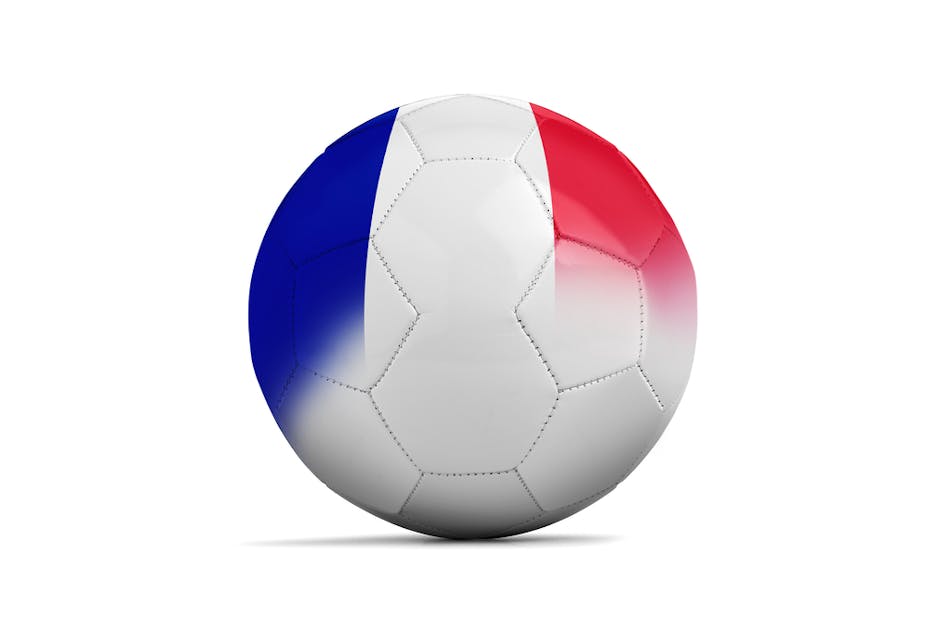The radio station France Inter recently reminded listeners of a headline in Le Parisien newspaper from the day before the start of the 1998 FIFA World Cup in France. It read “Air France rate son mondial” – “Air France misses its World Cup” – as the state airline entered its ninth day of industrial action.
The French went into that tournament hoping at least to put on a good show. Since the celebration of the bicentenary of the Revolution in 1989, the eyes of the world had turned away from l’Hexagone, as the country is sometimes known. And the football team, brimming with talent, was hoping to erase the memory of a disappointing Euro 96 in England, though few dared to predict the eventual outcome.
The public placed a great deal of symbolic and cultural value on the victory of that year’s “bleu-blanc-beur” squad – a reference to the team’s black, white and north African composition that was itself a twist on the bleu-blanc-rouge of the national flag. It seemed to prove the success of the French model of integration, as opposed to British-style multiculturalism.
Former Front National leader Jean-Marie Le Pen, who had claimed that the players of ethnic origin did not know the words to La Marseillaise, was silenced. Then president Jacques Chirac, who a year earlier had dissolved parliament in the hope of getting a new majority and lost, couldn’t get Aimé Jacquet and his team to the Elysée quickly enough.
Victory in Euro 2000 seemed to confirm this vision of a better France and its place in the world. French self-confidence came to a juddering halt in 2002, however. First there was the international embarrassment of Le Pen making it through to the second round of that year’s presidential election, then the holders were drawn against Senegal for their first match in the World Cup.
Senegal was one of France’s oldest former colonies and most loyal allies in Africa. The game was supposed to be a celebration of Francophone brotherhood, culminating in a French victory. But Les Bleus never found their rhythm and the Senegalese nicked the game. Celebrating brotherhood seemed less appealing as the losing side.
By the time of the players’ revolt in the South African World Cup in 2010, which was seen by the French public as arrogant and spoilt behaviour, they had lost any illusions about football as a symbol of national glory. They had come to see football matches as just that.

Il pleut, il pleut
Eighteen years on from the French World Cup, the 2016 Euros kick off in the middle of what looks like, for want of a better expression, a perfect storm. The terrorist attacks of last January and November are never far from the surface, especially given the number of visitors due to come to France over the next month.
Then there are the strikes over a new labour law, the last piece of key legislation that the government wants to get through parliament before the summer recess and next year’s presidential election. The changes are complex but the unrest has also been about the state of war between competing trades unions in France. While the moderates are willing to negotiate, the hard left frame the reforms as nothing less than the demolition of the consensus founded at the Liberation of 1944.
In some ways this is true, but the wider public’s patience with radicalism and violence is beginning to wear thin. The French once accepted that the unions acted on behalf of a wider interest. Now, that seems to have gone. Even the hard-line railway unions have felt the need to promise not to disrupt the football.

In the background, Marine Le Pen, Jean-Marie’s daughter and successor as leader of Front National, need do nothing; President Francois Hollande falls further in the polls (if that were possible); and the right remains divided. Woe betide the footballer of ethnic origin who fails to sing the national anthem. And then there is the clean-up operation going on in the wake of the heavy rains that have battered France over the last few weeks.
When Euro 2016 was awarded to France back in 2010, no-one could have foreseen how events would turn out six years later. This was supposed to be the crowning moment in the glittering career of France’s favourite footballing son, Michel Platini. Whatever happened to him?
And yet the French, who view themselves as individualistic, deeply divided, quarrelsome among themselves and given to pessimism, are cautiously optimistic about their team’s chances. They will count on what they call, paradoxically, “le French flair”.
Not that a victory in the final would carry the same currency as in 1998 or 2000. In that era, it might even have saved a president as unpopular as Hollande. But in the current France that seems unimaginable. Win or lose at Euro 2016, the nation knows it’s just a football tournament.

